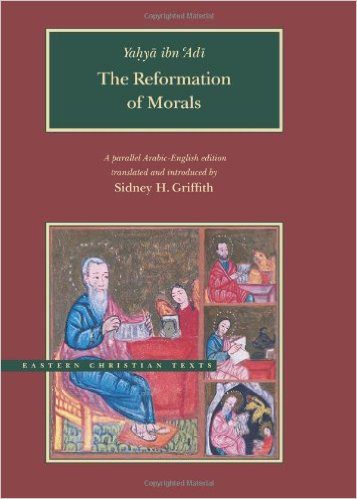
(Amazon.com)
Thus far, two people have written to me in the light of the 2013 statement that I reposted here earlier today, seeking to know how and why, given the spiritual confirmation that I seem to claim for my Middle Eastern Texts Initiative, I eventually resigned from it.
As a matter of fact, I’ve answered that question already in my reposted statement:
Last month, amidst the continuing aftereffects and fallout of the events that took place within the Maxwell Institute in the middle of June 2012, seeing literally no alternative and no way to function, I finally resigned as editor-in-chief of the Middle Eastern Texts Initiative.
But, since the question has been asked at least twice today and several times previously, I’ll be somewhat more explicit:
I quit because I could no longer fulfill my role. I had no choice. Over the course of many months following the June 2012 purge, I tried to meet with Maxwell Institute staff to further the work of the Middle Eastern Texts Initiative (METI). But meeting after meeting after meeting fell through. And my office in the Maxwell Institute building was taken away. Finally, there were explicit refusals to meet with me.
Recognizing that I couldn’t be even remotely effective under such conditions, I met with John Rosenberg, who was then the dean of my home academic unit, BYU’s College of Humanities. I told him that I saw no way forward for my work on the Middle Eastern Texts Initiative.
He agreed with me. And he negotiated my formal withdrawal from METI, insisting, on my behalf, on two conditions: 1) I would receive two complimentary copies of each new METI publication, in perpetuity. 2) My name would always appear in METI publications, identifying me as the founding editor. This may seem petty egomania, but I found the idea of being altogether erased from the history of the project (becoming an “unperson,” as in Orwell’s 1984 or in the manner of an old Soviet encyclopedia) deeply offensive as a matter of principle. It was something that I simply would not, and could not, permit.
I conceived the idea entirely independent of anybody else, raised the money for it, hired its staff, led the project for years, represented it at meetings and in speeches and in events on five continents. But I know how these things go. Some time back, I saw an article recounting the history of METI that altogether failed to mention my involvement with it. And, roughly three years ago, I ran into my friend Father Sidney Griffith of the Catholic University of America, who contributed one of the translations that METI published. He told me that he had recently been interviewed for a Maxwell Institute fundraising video. He had, he laughingly told me, “praised me to the skies.” I didn’t have the heart to tell him that such praise virtually guaranteed that all or most of his interview would end up on the cutting room floor.
If I could have continued my involvement with the Middle Eastern Texts Initiative, I would have.











